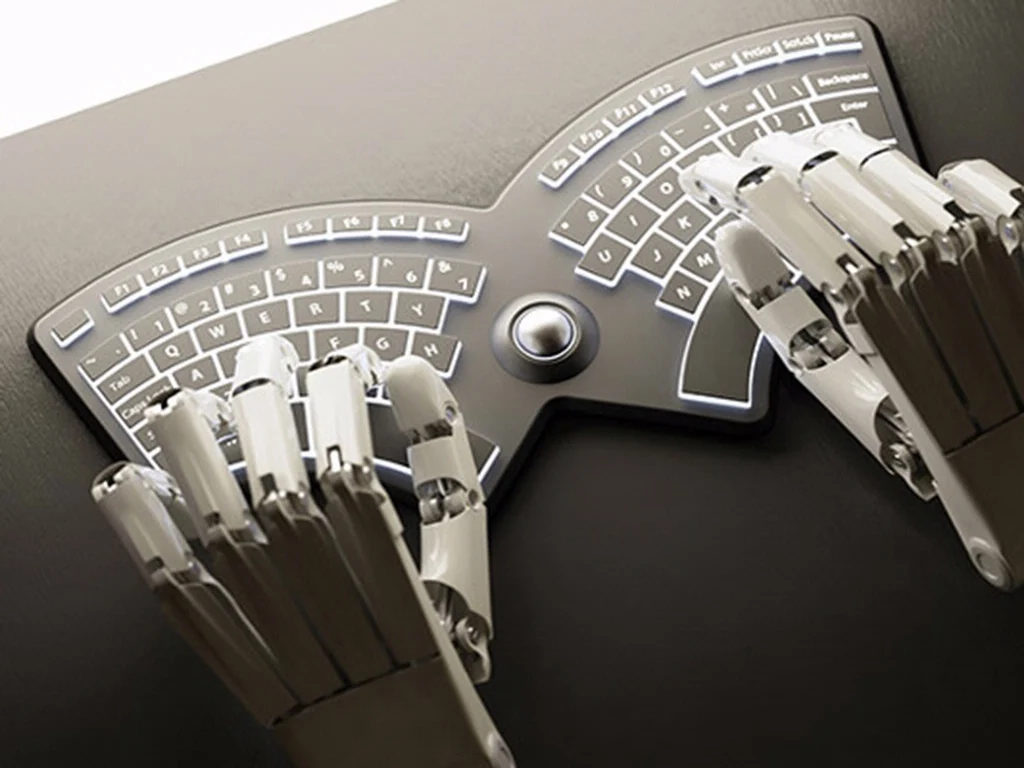How digitalization helps counsels managing IP
As one of the most valuable assets a company has, intellectual property must be appropriately managed in order to maximize its potential. In line with many areas of life, technological advancements are transforming the way in which the management of IP is handled.
Strides in digitalization in recent years have enabled companies to ease some of the burdens commonly associated with intellectual property management. Gone are the days of paralegals sifting through mounds of paper documents to ensure the correct managing of IP assets. The age of digitalization is here, and it is the future of intellectual property management.
Stop forgetting steps or wasting time:
GET our FREE CHECKLIST for IPR PROTECTION & ENFORCEMENT
Why does need managing IP?
Maintaining the records of IP can be a potentially difficult and time-consuming process. The management of applications, renewals and recordals often involves piles of paperwork – however, this exertion is necessary to ensure the effective protection of all IP.
Failure to correctly manage IP can lead to an inability to effectively enforce the owner’s IP rights, as well as potentially resulting in the loss of rights altogether. Lacklustre intellectual property management can also cause issues with existing trade arrangements, such as license agreements.
It is therefore of paramount importance that IP is conducted effectively and with great scrutiny so as to ensure maximum protection is achieved at all times.
Digitalization of documents
As mentioned, this management of IP often involves a multitude of paperwork. However, this documentary requirement has been made easier with the progress of digitalization.
Now, when filing an application for IP such as a trademark or a patent, the necessary paperwork can be done online. This digitalization of documents not only makes the filing process quicker and easier, but also often makes it cheaper.
The digitalization of these documents also means that the details of all registered IP can be found through online national IP office databases. The incorporation of these details into online databases makes it substantially easier to determine the parameters of any relevant IP.
For example, when looking to know the details of your own or a competitor’s IP, a simple search can be done in any register. Such a search will instantly present relevant details, saving the searcher the arduous job of scouring piles of paper documents to find the information they were after.
Furthermore, the digitalization of documents has made it far easier to forward any relevant documents to third parties where necessary. What can now be done in an instant online, would previously have cost the owner time and money to complete.
Digitalization can clearly be seen to have evolved the nature of intellectual property management in recent years, resulting in saved time and money for all parties. However, the digital revolution of IP has not stopped at the digitalization of official documents.
Going further
As well as easing management by digitalizing necessary documents, evolving technologies have also developed the means to simplify the actual processes involved in IP.
A multitude of software has been developed to aid in the completion of digital documents. For example, in the filing of applications and renewals, and completion of administrative tasks, the software now exists which will automatically complete the repetitive aspects of necessary documentation.
These software programmes save owners from the potentially tedious job of repeatedly filling out the same details in different documents.
Moreover, software applications to remind owners of impending renewals and alert them of any requirements to make updates have also been created. This technology serves to spare owners from having to remember all of the renewal dates of their IP, as well as reminding them if and when any updates to IP records are necessary.
Although these technological advancements and digitalizations will substantially keep easing the administrative aspects of intellectual property management, it is always advisable to seek the counsel of an IP expert in the managing IP. Indeed, although digitalization has made management substantially easier, owners must still be imparted with sufficient IP knowledge to understand the purpose and requirements of these evolved procedures.



























